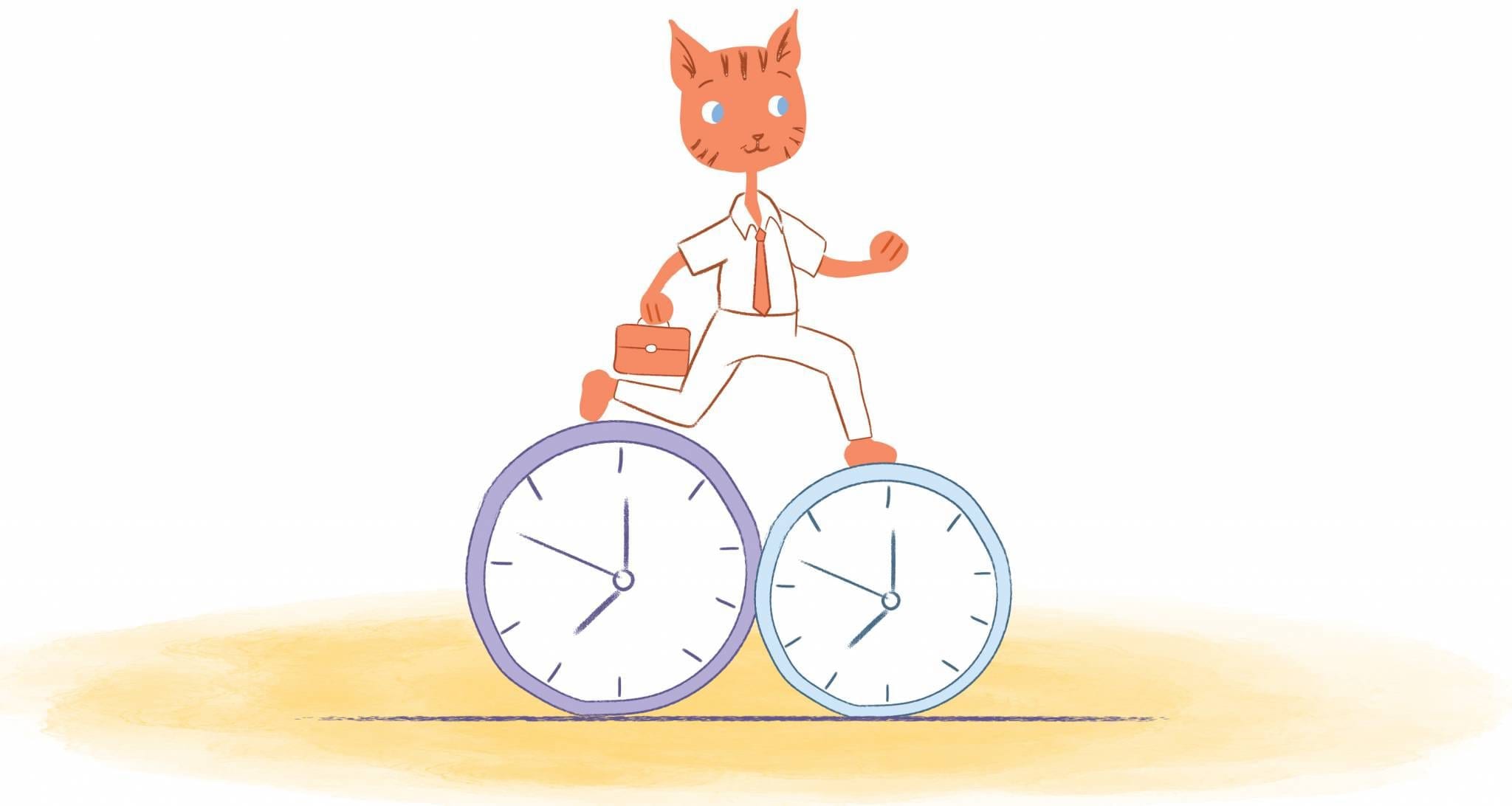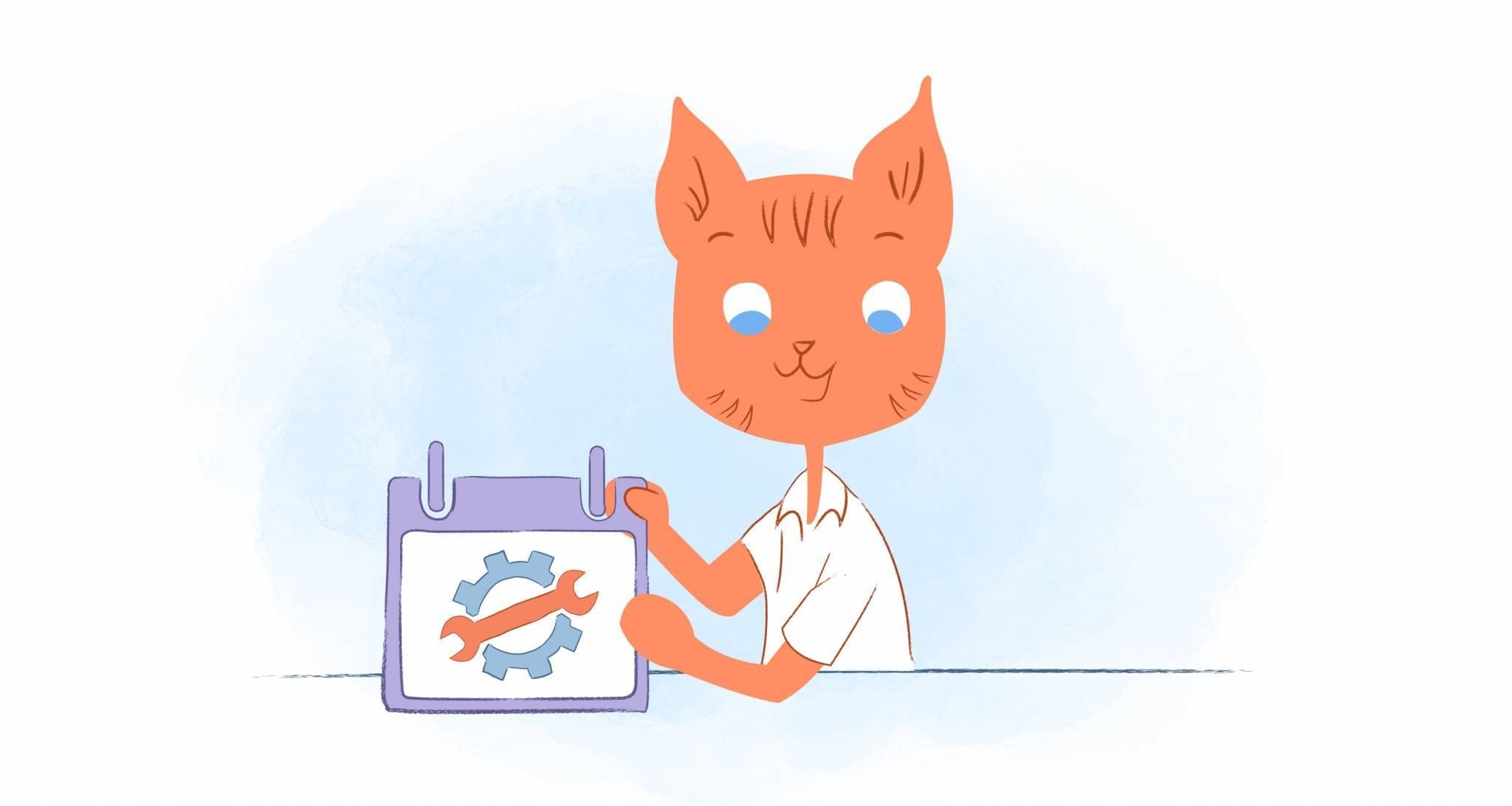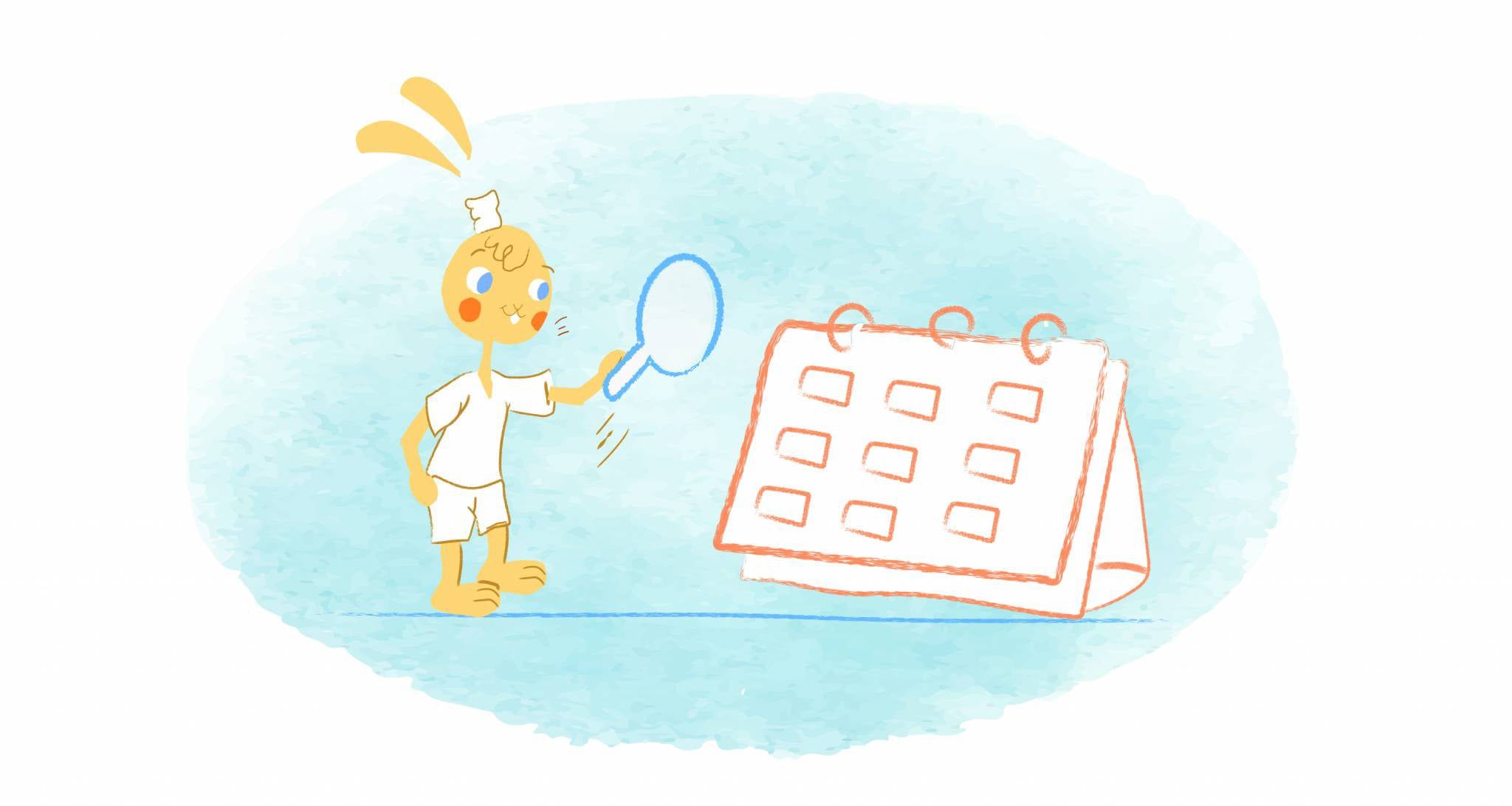

Conflict is inevitable when people work together. The challenge is especially difficult for management teams. It is our responsibility as leaders to resolve conflict in a fair, productive manner. Without conflict resolution, productivity, morale, and turnover can all suffer.
Although conflict resolution can be challenging and stressful, it is integral to any leadership position.
Despite this, artificial intelligence (AI) can potentially be a valuable tool for conflict resolution. For instance, AI can help identify and analyze conflicts, generate potential solutions, and mediate them. Aside from training and supporting leaders and mediators, AI can also help with communication.
AI is not a substitute for human judgment and experience, however. In some cases, though, leaders may use it to help them resolve conflicts.
Using artificial intelligence can help prevent conflicts from occurring in the first place.
Artificial intelligence can spot patterns and trends in big data sets that might indicate conflict.
For example, you could use AI to analyze employee emails, chats, and project statuses. Additionally, it can be used to track meeting attendance and project performance. You can use this info to identify patterns of conflict, like arguing between employees.
Using this information, the company can intervene early on and prevent conflicts from escalating.
Enhances emotional intelligence.
AI can analyze text and speech patterns, and identify people’s emotional states through sentiment analysis, writes Andre Shojaie in Forbes. In this way, leaders can assess the morale and satisfaction of their teams. Leaders can leverage deeper, more productive relationships, boosting teamwork, and increasing productivity by tailoring communication styles to individual team members’ needs. A harmonious and efficient work environment is further enhanced by AI tools that detect and resolve team conflicts, Shojaie adds.
As an example of AI’s potential, Google Meet’s improvements illustrate how it can enhance emotional intelligence. The company’s AI-driven features, such as noise cancellation and lighting adjustment, improve virtual meetings. Through Google’s work on nonverbal cue analysis, leaders can better understand team engagement while communicating more effectively.
AI can assist in mediating conflicts.
Artificial intelligence can help mediate conflicts in several ways. You can generate conflict resolution proposals using AI or get conflicting parties to talk to each other more directly.
Cornell University researchers found that humans trust artificial intelligent systems more than actual people when having difficult conversations.
“We find that when things go wrong, people take the responsibility that would otherwise have been designated to their human partner and designate some of that to the artificial intelligence system,” said Jess Hohenstein, a doctoral student in information science and the paper’s first author. “This introduces a potential to take AI and use it as a mediator in our conversations.”
It is possible to track conflict resolution with the help of artificial intelligence.
AI makes it easy to track and resolve conflicts. For example, AI may be able to monitor whether conflicting parties adhere to conflict resolution agreements, or whether their performance has improved following the resolution of the conflict.
Insights into conflict’s underlying causes.
AI can also help CEOs gain insights into conflict root causes and suggest solutions. Rather than just addressing symptoms, this allows CEOs to address underlying issues.
The CEO, for example, could provide a manager with coaching or training if AI reveals that he or she is often the source of conflict. AI could then be used to simulate conflict scenarios. Managers could learn how to handle conflict effectively with the help of these simulations. It is also possible to use AI to create customized conflict resolution plans for each manager.
It is possible to track conflict resolution with the help of artificial intelligence.
Using AI, conflict can be tracked and resolved effectively. For example, AI may be able to monitor whether conflicting parties adhere to conflict resolution agreements, or whether their performance has improved following the resolution of the conflict.
Insights into conflict’s underlying causes.
AI can also help CEOs gain insights into conflict root causes and suggest solutions. Rather than just addressing symptoms, this allows CEOs to address underlying issues.
The CEO, for example, could provide a manager with coaching or training if AI reveals that he or she is often the source of conflict. A simulation of conflict scenarios could then be created using AI. Managers could learn how to handle conflict effectively with the help of these simulations. It is also possible to use AI to create customized conflict resolution plans for each manager.
Enhance communication.
The use of artificial intelligence can help manage communication between different members of the management team. As a result, communication can be improved, and conflict can be avoided.
Establish trust.
A company’s management team can build trust by using artificial intelligence. As AI is neutral, it can make communication and understanding easier.
For example, employees can use AI-enabled chatbots to inquire about company policies and procedures. In addition to resolving employee conflicts, the chatbot is also used for internal communication.
A more objective and fair evaluation can be achieved.
Biases can contribute to toxic work environments, whether they are conscious or unconscious. By analyzing performance data, feedback, and evaluations, artificial intelligence can identify biases in decision-making. As AI alerts CEOs to these biases, merit-based evaluations and promotions can become more prevalent, leading to a more inclusive and positive work environment.
Assisting with training and support.
Artificial intelligence can help leaders and mediators by providing training and support. In order to achieve this, conflict resolution techniques and simulations of conflict situations can be provided.
Helps prevent future conflicts.
By identifying conflicts’ root causes and implementing preventive measures, artificial intelligence can prevent future conflicts. AI can, for instance, detect communication patterns that lead to conflict or identify managers who need training.
AI’s impact on conflict management in the future.
In the future, AI is likely to have a greater impact on conflict management as it develops.
We already use artificial intelligence to identify potential conflicts, mediate conflicts, and prevent conflicts. With AI’s advances, CEOs will be able to navigate conflict within their teams even more effectively.
Even though AI is still early in conflict management, it could change how companies handle conflict. For CEOs seeking to navigate conflict in their management teams effectively, AI will likely become an increasingly powerful tool as it develops.
Conclusion
When navigating conflict in their management teams, AI can be an invaluable tool for CEOs. In addition to identifying potential conflicts, AI can mediate disputes and prevent them from occurring in the future. AI’s continued development may become a more valuable tool for managing conflict in the future.
FAQs
How can AI be used to resolve conflict?
Among the ways in which AI can resolve conflict are:
- Analyzing data to identify patterns and trends. By analyzing historical conflict records, artificial intelligence can predict future conflicts.
- Generating creative solutions. If there’s a conflict, AI can come up with creative solutions humans haven’t thought of. For example, artificial intelligence can create conflict simulations so parties can better understand each other’s viewpoints.
- Providing neutral mediation services. A mediator based on artificial intelligence can provide neutral mediation services to disputing parties. In order to reach a mutually agreeable resolution, these mediators can apply their expertise in artificial intelligence and conflict resolution.
What are the benefits of using AI for conflict resolution?
Among the benefits of using AI in conflict resolution are:
- Speed and efficiency. Using AI, conflict resolution can be sped up because it can process a lot of data quickly and efficiently.
- Objectivity. Artificial intelligence can make conflict resolution fair and impartial, so everyone in a conflict gets the same treatment.
- Creativity and innovation. In some cases, AI can create creative solutions to conflicts that humans can’t.
What are the challenges of using AI for conflict resolution?
AI, however, has several challenges, including:
- Bias. Using artificial intelligence can lead to unfair decisions.
- Transparency. Often, AI algorithms make complicated decisions, making people distrust them.
- Acceptance. There’s a chance AI-based mediation won’t be popular with everyone.
How will AI affect conflict resolution in the future?
With AI technology advancing, AI will probably play a more significant role in conflict resolution in the coming years. AI can speed up conflict resolution, find creative solutions, and ensure fair and impartial processes.
Image Credit: Antoni Shkraba; Pexels; Thank you!











John Hall
John Hall is the co-founder of Calendar a scheduling and time management app. He’s also a keynote speaker that you can book at http://www.johnhallspeaking.com.